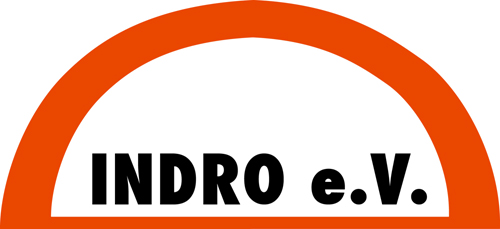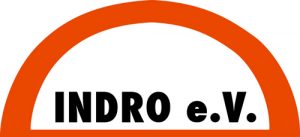With Opioids Used in Substitution Treatment
a) Early contacts
We should like to point out that the information contained in this guide is only to be regarded as a guideline. Authoritative statements on current legal provisions can only be issued by the embassies and government agencies of the countries of destination.
We therefore urgently advise early arrangements with the home prescribers and early contact with foreign treatment providers and/or government agencies, so that any arrangements required to enable treatment to be maintained or to obtain a permit for the importation of methadone can be clarified and introduced in good time before the journey commences. Inquire about the costs of treatment, medicine and possible lab tests of urine samples! If it is planned to take away methadone/buprenorphine/morphine, check if the drug can be exported from your home country. Very often it is not possible to refer patients at short notice to doctors or hospitals/clinics for treatment (e.g. because of long waiting lists).
The granting of import and export licences often involves a great deal of bureaucratic red tape and long processing times. Important: Have all arrangements (dates, modalities of treatment etc.) confirmed in writing (e.g. by email or fax)! Not all countries that prohibit substitution treatments and/or the importation of opioids are wholly unacceptable as countries of destination. It is worth while finding out whether doctors there are allowed to prescribe codeine or dihydrocodeine (or other suitable substances), or whether these can be freely bought in pharmacies or whether their importation for personal use is permitted.
b) Time zones:
When trying to contact people abroad (officials, clinics, doctors) remember that the world is divided into time zones – there may be time differences of up to plus/minus 13 hours. These time zones should also be observed in the case of fax or online transmissions, especially if deadlines have to be kept for applications.
c) Medical certificates
For travels to some countries (e.g. Armenia) we urgently recommend having the certificate translated into the language of the country of destination and having it attested and stamped by the embassy/consulate. Official stamps by government agencies are always helpful and sometimes essential. Medical attestations should always contain exact details on daily doses and/or import quantities for the opioids in question, and always in milligrams.
d) Travel cancellation insurance and health insurance for travel abroad
As approval procedures for continued treatment/dosing or for the importation of opioids can be a time-consuming business in many countries, it is often necessary to book a flight/holiday before the written approval for continued treatment/dosing or the import licence for an opioid has been obtained. It is also possible that an undertaking to afford treatment is later withdrawn. We therefore recommend taking out a travel cancellation insurance whenever you book a journey. We also urgently recommend taking out a health insurance for travel abroad, especially, if there is no social security agreement with the country of destination. Without such private insurance cover the traveller would have to bear the complete cost himself/herself if he/she falls ill. One should keep in mind that in many countries basic medical care cannot be ensured for the local population. Anyone who plans to travel to these countries should consider whether it is worth while taking the risk of poor medical care under sometimes disastrous (hygienic) conditions. This aspect should always be included in any travel preparations.
e) Prophylactic immunisation
Protective or prophylactic immunisation is to be recommended and sometimes even compulsory for travellers in certain countries. Information can be obtained from family doctors, health insurance companies, public health centres or travel agencies.
f) Entry permits
For some countries visitors require entry visa, which must be applied for in good time before the start of the journey. The embassies and consulates of the countries of destination as well as travel agencies will supply information on visa applications, time limits and costs. Crisis areas should be avoided as a matter of principle.
g) Special provisions
In some countries special permits can be granted for the importation of opioids in the case of groups travelling accompanied by doctors or drug workers. In some countries special provisions can be agreed for individuals (e. g. in the case of business trips). This should be clarified on a case to case basis with the foreign authorities responsible. In individual cases it might be possible to continue treatment via a doctor of the embassy’s choice.
h) Use-by date
If methadone is carried in liquid form, the use-by date should be checked and durability should be safeguarded, especially in the case of travels to hot climates. Ask your doctor or pharmacist for advice.
Contact Details:
Ralf Gerlach
Honorary Chairman
INDRO e.V.
Bremer Platz 18-20
48155 Münster
Germany
Phone: +49 251-60123
Fax: +49 251-666580
Email
(This page last revised March 20, 2024)

